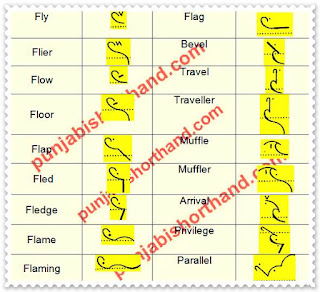

SHORTHAND BOOKS FOR BEGINNERS FULL
Speak to a Course Advisor for full information on the options available to you.The letters you are now reading, while well adapted to the eye to be read, are so ill adapted to the hand to be written that schools teach longhand as an alternative to printing them. We’d recommend you speak to a Course Advisor in your local centre to find out whether they are registered to offer any such schemes and discuss your requirements further. All schemes will have different terms and conditions that will need to be met in order to qualify for a grant and these are managed by each individual centre. These include the Skills Development Scotland ITAs and the ReAct programme in Wales. There may be the opportunity to apply for funded grants that can help towards the cost of training. Communication with finance departments to arrange payment options (upfront or payment plan*).Providing a comprehensive training programme outlining learning outcomes.
SHORTHAND BOOKS FOR BEGINNERS PROFESSIONAL
Many employers support and encourage their employees with their professional development and consider it a worthwhile investment to fund any training required. Requesting funding from your employers needn’t be a daunting task.


Lesson Four - Joining S, word endings, soft C.Lesson Three – Join letters, T, D and F, punctuation marks, short sentences.Lesson Two – The Teeline Alphabet from N to Z.Lesson One – The Teeline Alphabet from A to M.This is a comprehensive shorthand course with fourteen lessons in total. Our Course Advisors will be there to help you along the way so your Teeline training will fit seamlessly into your existing commitments. The way you study this course is flexible so you can set your own study pattern. You’ll need a strong desire to learn and must be willing to go the extra mile in your studies to help achieve top speed. This course is designed to help you start your shorthand learning experience from the beginning and will guide you through a comprehensive lesson plan until you are able ultimately to write up to 80 wpm (words per minute). Shorthand remains a respected and essential skill in professions such as Administration and Journalism.


 0 kommentar(er)
0 kommentar(er)
